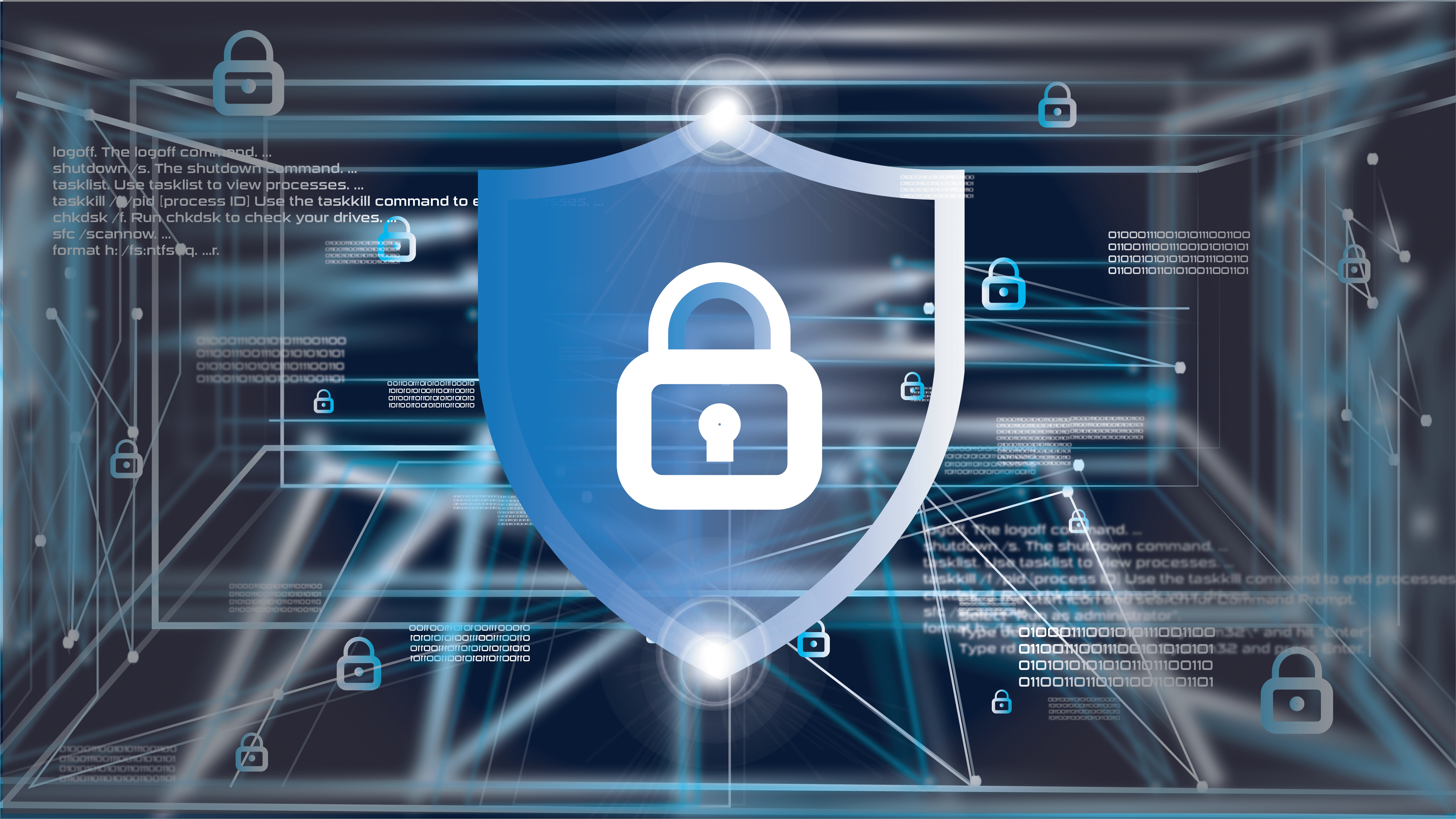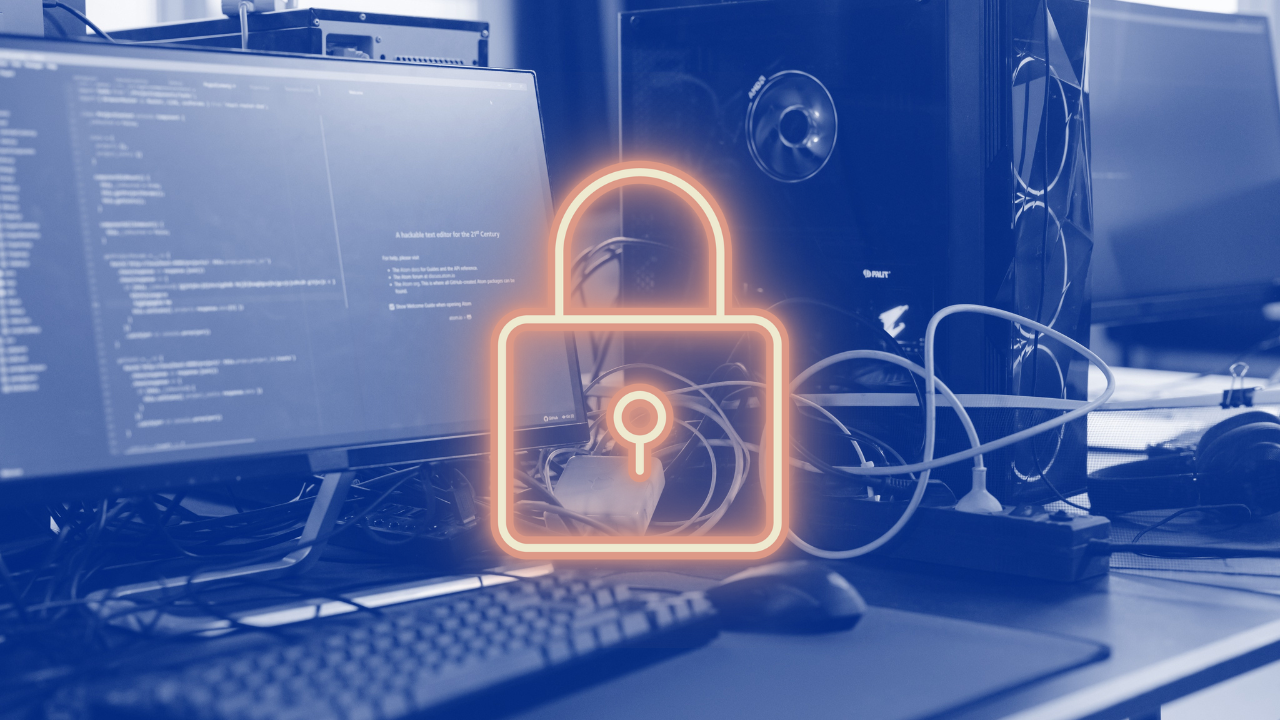
In the digital age, cybersecurity poses a paramount concern for business owners. With the increasing frequency of cyber threats, it has become imperative for companies to prioritize their cybersecurity measures.
As a business owner, securing sensitive data and safeguarding your organization's reputation falls upon you. Your role in cybersecurity goes beyond just investing in technology but requires a comprehensive understanding of the challenges and threats and implementing a plan to mitigate them effectively.
Cyber threats come in various shapes and sizes, from major data breaches to phishing scams. These risks not only compromise the confidentiality of your data but also put your company's reputation at stake. As a result, it's crucial to stay informed about the various threats and take steps to protect against them.
So, what does it take to secure your business from cyber threats? First, have a solid understanding of your role in cybersecurity, the challenges you may face, and the steps you can take to protect your business.
In this guide, we will dive into these crucial aspects and provide an expert's perspective on tackling them. We aim to equip you with the knowledge and tools necessary to secure your business and its reputation.
Businesses Owner's Responsibility
As a business owner, you hold a crucial responsibility to ensure the protection of your company's confidential information and assets. The digital landscape is constantly evolving, and cyber threats pose an ever-present risk to organizations of all sizes. You must be aware of the risks and take proactive steps to mitigate them. Your role involves conducting duties like:
Due Diligence
It is your responsibility to understand your business's risks and take steps to mitigate them. This requires conducting a thorough security assessment to identify your systems' potential weaknesses and ensure that you have adequate protection in place. This could include regular software updates, backup and disaster recovery plans, and employee training programs.
Establishing policies and procedures
As a business owner, you must establish policies and procedures that outline the steps to secure sensitive data and prevent cyber threats. This could include password management policies, regular security audits, and data backup protocols. By establishing clear policies and procedures, you are taking an essential step in securing your business and reducing the risk of cyber threats.
Ensuring compliance
In today's digital age, numerous regulations and laws apply to businesses and their handling of sensitive data. Your responsibility is to understand and comply with these regulations, such as the General Data Protection Regulation (GDPR) or the Cybersecurity Maturity Model Certification (CMMC) with the Department of Defense. Non-compliance can result in substantial fines, legal action, and damage to your reputation.
Empowering your employees
Your employees play a critical role in securing your business from cyber threats. You are responsible for providing them with the necessary training and resources to help them identify and prevent cyber threats. Regular employee training programs and clear communication of cybersecurity policies can help mitigate the risk of a security breach.
Significant Challenges Facing Businesses Owners
Cybersecurity is a complex and multifaceted field that requires a significant investment of time, resources, and expertise to understand and implement fully.
A central challenge for business owners is managing the complexity of cybersecurity. With the vast array of technologies, protocols, and best practices, it can be challenging to determine the best action to secure one's business. This complexity is further compounded by the dynamic nature of the threat landscape, which evolves and constantly adapts in response to new technologies and tactics used by attackers.
In addition to the complexity of cybersecurity, business owners must also consider the cost of implementing security measures. The proliferation of high-tech threats has increased cybersecurity products and services, each with its cost structure and level of efficacy. Business owners must determine the most cost-effective solution that adequately addresses the specific cybersecurity needs of their business.
Finally, staying current with evolving cybersecurity threats is another significant challenge business owners face. Attackers are constantly seeking new methods to penetrate the defenses of businesses, and business owners must stay up-to-date with the latest trends and techniques used by cybercriminals. This requires ongoing education and training and a commitment to regular security audits and updates to ensure that the business remains protected against new threats.
Business owners must understand the importance of overcoming these challenges, not only for the preservation of their operations but for the protection of their customers, employees, and shareholders.
By staying informed on the latest cyber threats, implementing robust security protocols, and regularly reviewing and updating their cybersecurity plan, business owners can effectively mitigate the risk of cyber-attacks and safeguard their enterprises against the devastating consequences of a breach.
Consequences of neglecting cybersecurity
Neglecting cybersecurity can have devastating consequences, including loss of sensitive information, financial losses, and harm to your reputation. A data breach can lead to legal repercussions, and the damage to your company's reputation can be irreparable. In today's highly interconnected world, the impact of a breach can spread rapidly and have far-reaching effects.
To effectively manage cybersecurity risks, you must take a proactive approach and create a comprehensive plan. A robust cybersecurity plan should include measures to prevent attacks, detect them quickly, and respond promptly and effectively. Your plan should cover all aspects of your digital footprint, including hardware, software, networks, and employees.
Cyber Threats Jeopardize Reputation
In this digital age, business owners must contend with many cyber threats that jeopardize their reputations and erode trust in their brands. From data breaches to phishing scams, cybercriminals have developed cunning and sophisticated methods for infiltrating the systems of unsuspecting businesses.
The consequences of these attacks can be devastating, leaving organizations grappling with lost profits, damaged reputations, and the loss of sensitive information.
The financial costs of cyber attacks can also be astronomical as organizations struggle to mitigate the damage caused by a data breach or other cyber incident.
These costs include lost revenue, the expenses associated with recovery efforts, and repairing damaged systems and processes. Furthermore, businesses that suffer a data breach may face hefty fines and legal costs, as they are often held responsible for losing sensitive information.
Perhaps more alarming than the financial costs of cyber attacks is the impact these incidents have on a business's reputation. In today's connected world, a cyber attack can quickly spread, causing widespread damage to an organization's reputation and eroding public trust.
Reputation is king
A business's reputation is one of its most valuable assets. A good reputation attracts customers, partners, and investors, while a negative reputation can quickly lead to financial losses and damage to the brand. In today's world, the speed and reach of information are more significant than ever, and the consequences of a cyber breach can be far-reaching and long-lasting.
Protect your crown
Therefore, it's of the utmost importance to take cyber threats seriously and take proactive measures to safeguard against them. This includes educating employees about good cybersecurity practices, regularly updating software and hardware, and investing in robust cybersecurity measures such as firewalls, encryption, and threat detection software.
What should business owners be cognizant of
Vigilance, foresight, and preparation are crucial components of a sound cyber defense. Business owners must stay abreast of the evolving threat landscape, educate themselves on the most common cyber threats, and adopt best practices to mitigate the risks.
Cybercrime is a diverse phenomenon that takes many forms. Some of the most common include:
- Phishing scams
- Ransomware attacks
- Malware infections
- Data breaches
To minimize the risk of a cyber attack, business owners should:
-
Implement strong passwords and two-factor authentication
-
Regularly update software and systems
-
Back up important data regularly
-
Educate employees on the dangers of phishing scams and other cyber threats
-
Work with a cybersecurity expert to develop a comprehensive security plan
The cyber threat landscape is constantly evolving, and business owners must stay informed and adapt their defenses accordingly. Cybersecurity is not a one-time investment but an ongoing process that requires constant vigilance. By staying knowledgeable and proactive, business owners can protect their operations, customers, and reputation from cyber threats.
What To Expect From Your IT Support
As stated, safeguarding your digital realm is critical. Your IT support, whether in-house or outsourced, should be trusted advisors, providing comprehensive protection and optimizing your digital infrastructure. They should prioritize prompt and efficient resolution of any issues that may arise, ensuring minimal disruption to your operations.
IT support should also implement regular software updates and upgrades to ensure optimal performance. These updates not only enhance your systems' functionality but also help mitigate any emerging cyber threats. Furthermore, your IT department or provider should employ the latest security measures and techniques to secure your data and protect your business from cyber-attacks.
In today's rapidly evolving digital landscape, it is imperative to have IT support that stays proactive on the latest developments and advancements. They should continually assess and enhance your cybersecurity measures to ensure your business remains protected from threats.
When it comes to IT support, don't settle for mediocrity. Expect excellence, anticipate reliability, and demand professionalism. They should be valued as a partner who helps you navigate the complexities of the digital realm and ensures that your business stays ahead of the curve.
Conclusion
In today’s world, business owners must prioritize cybersecurity. The digital realm brings vast opportunities. However, with it comes the risk of cyber-attacks. To safeguard against malicious threats, entrepreneurs must educate themselves on cybersecurity and take proactive measures to protect their valuable assets.
A robust cybersecurity plan involves staying informed on the latest threats, implementing secure technology systems, and partnering with a reliable IT support team. Entrepreneurs must understand their obligations in protecting sensitive information and the ramifications of neglecting cybersecurity.
Business owners safeguard their intellectual property, customer trust, and overall financial stability by investing in cybersecurity. The right IT partner can offer tailored solutions that meet the unique demands of each business.
Therefore, it is crucial to seek IT support that understands the intricacies of business operations and possesses the technical expertise to enhance security. Please do not wait until it's too late; secure your digital assets and preserve the longevity of your business. Find an IT partner that understands business, and take a step towards a secure future.

Securing Your Business: How Employee Training Helps Prevent Cyber Attacks
The level of cybersecurity training provided to your employees can make or break your organization's defenses. Your staff, being the frontline...

Compliance 101: Developing Your POA&M (+ Template)
If you’ve been researching how to meet certain compliance standards, you may have come across the acronym “POA&M” a few times by now. Or, this may be...

 Joseph Ugalde
Joseph Ugalde
